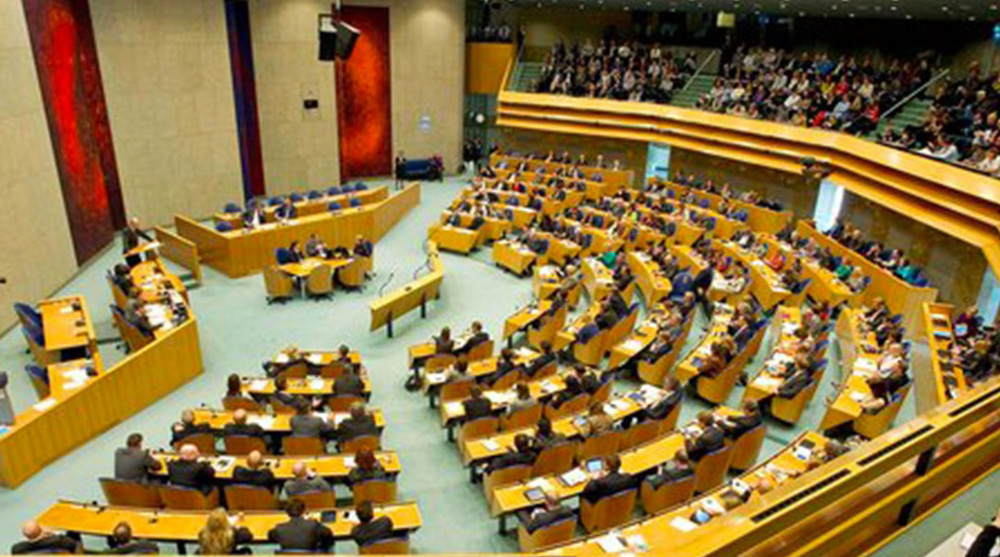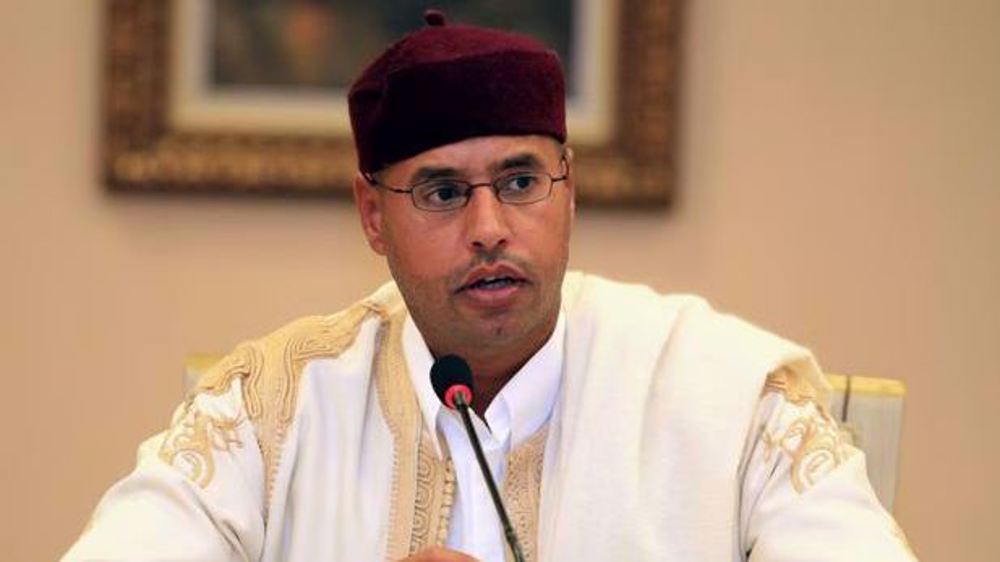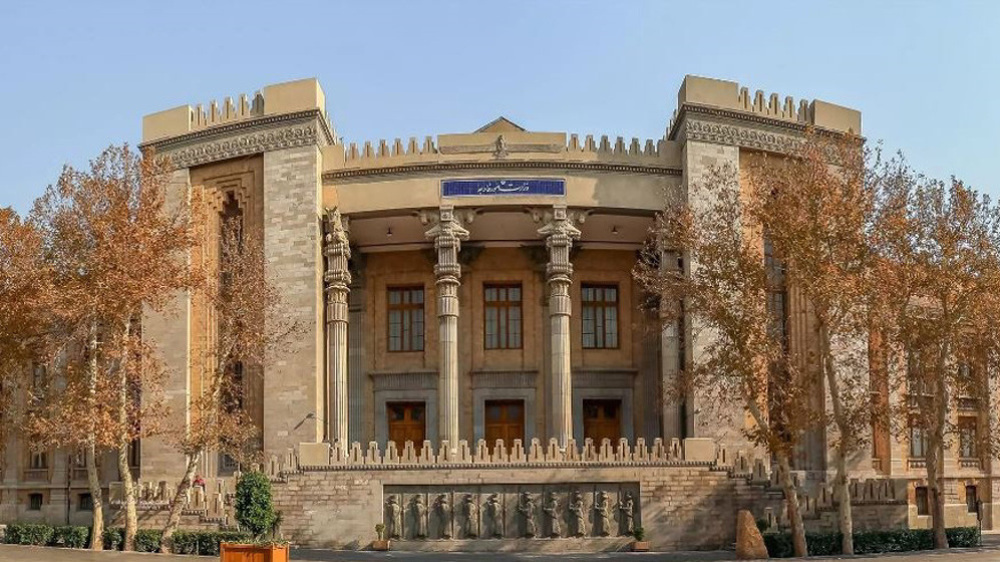Greece bailout talks start amid secret plan disclosure
Greece and its international creditors have started a new round of negotiations over Athens’ financial crisis amid controversial revelations about the country’s former finance minister’s contingency plans for a parallel banking system.
According to Greek officials, technical talks began between the two sides in the capital on Monday.
The European Commission also confirmed that technical negotiations on Greece’s third bailout have kicked off between Greek officials and negotiating teams representing the commission, the International Monetary Fund (IMF) and the European Central Bank (ECB).
The discussions over several issues such as pensions and labor market reforms would set the stage for high-level talks between Greek ministers and senior EU and IMF officials later this week.
Athens is hopeful that the fresh talks produce results and end by August 20.
The fresh talks come after five months of negotiations with Greece’s EU-IMF lenders that bore no fruit. At the end, they withheld loans and restricted liquidity to Greek banks, forcing Prime Minister Alexis Tsipras to accept a three-year bailout of 86 billion euros (USD 94 billion) that include a new set of harsh unpopular reforms.
The Greek government gave into the international lenders’ demands as it was on the verge of default and of leaving eurozone.
The government of Tsipras, who came to power in January on the platform of ending unpopular austerity measures and wiping out most of the country’s public debt, took two reform bills to parliament. The bills were required by the bailout and caused a major mutiny in Tsipras’ Syriza party.
Defending his decision to go ahead with the news reforms, he asked a meeting of party leaders Monday whether “there was any realistic alternative” to accepting the new bailout conditions.
Ex-finance minister’s leaked plan
Meanwhile, prior to the beginning of talks in Athens, a new recording surfaced which disclosed Yanis Varoufakis’ secret plan for the possible conversion of euros into drachmas, the currency previously used in Greece.
In a recording of a phone conversation with some UK-based investors on July 16, days after his resignation, Varoufakis claimed that a team under his supervision was allowed to hack into his ministry’s computer systems in a bid to create a “functioning parallel system” of liquidity in case the ECB stopped supporting Greece’s banks.

He further alleged that Premier Tsipras had allowed the plan before taking office in January, adding that the plan was clandestine so that Greece’s EU-IMF creditors, who “fully” control the Greek state’s revenue mechanism, could not find out.
The revelation has parked anger among Greece’s opposition parties and officials around Europe.
However, Varoufakis’ office issued a statement on Monday to defend his contingency plan to create a parallel banking system during his term in office, lashing out at media for their “far-fetched” articles on the leaked plan.
The statement said the former finance minister “oversaw a Working Group with a remit to prepare contingency plans against the creditors’ efforts to undermine the Greek government and in view of forces at work within the Eurozone to have Greece expelled from the euro.”
According to the statement, the Working Group’s activities were “exclusively” within the framework of the government’s policy, and were aimed at serving public interests.
Mediterranean dockworkers stage coordinated strike in solidarity with Gaza
US intel. chief blocked report on ‘call between foreign agent and Trump associate': Whistleblower
VIDEO | Al-Zahra: Once vibrant Gaza City reduced to ruins in Israeli bombing and selling
Iraqi volunteers enlist to support Iran against potential US attack
ICE secretly deports Palestinians in Trump ally's private jet to Israel: Report
VIDEO | Press TV's news headlines
IRGC captures nearly a dozen PJAK terrorists in western Iran
Iran, Qatar say keeping regional peace is shared responsibility










 This makes it easy to access the Press TV website
This makes it easy to access the Press TV website